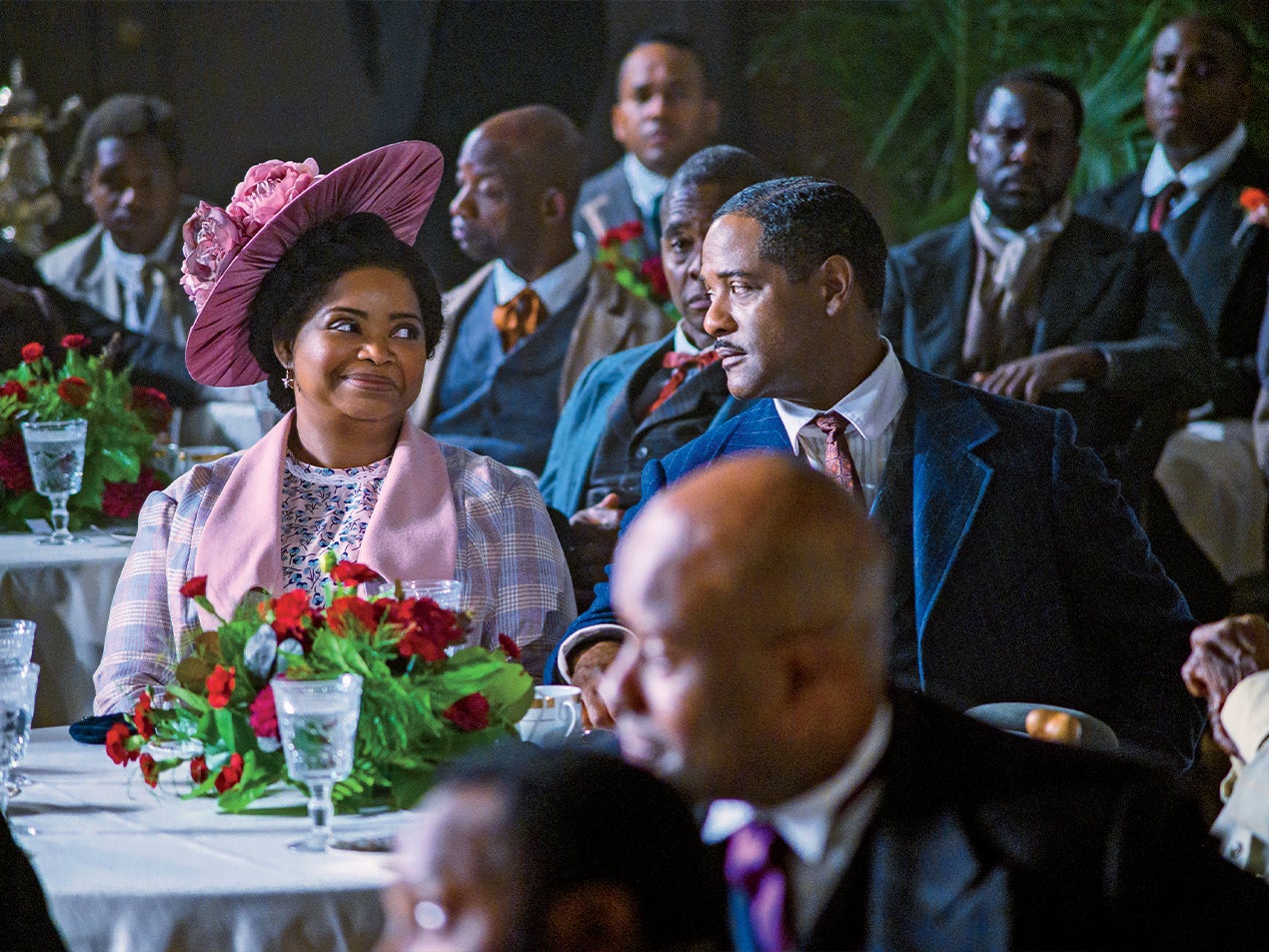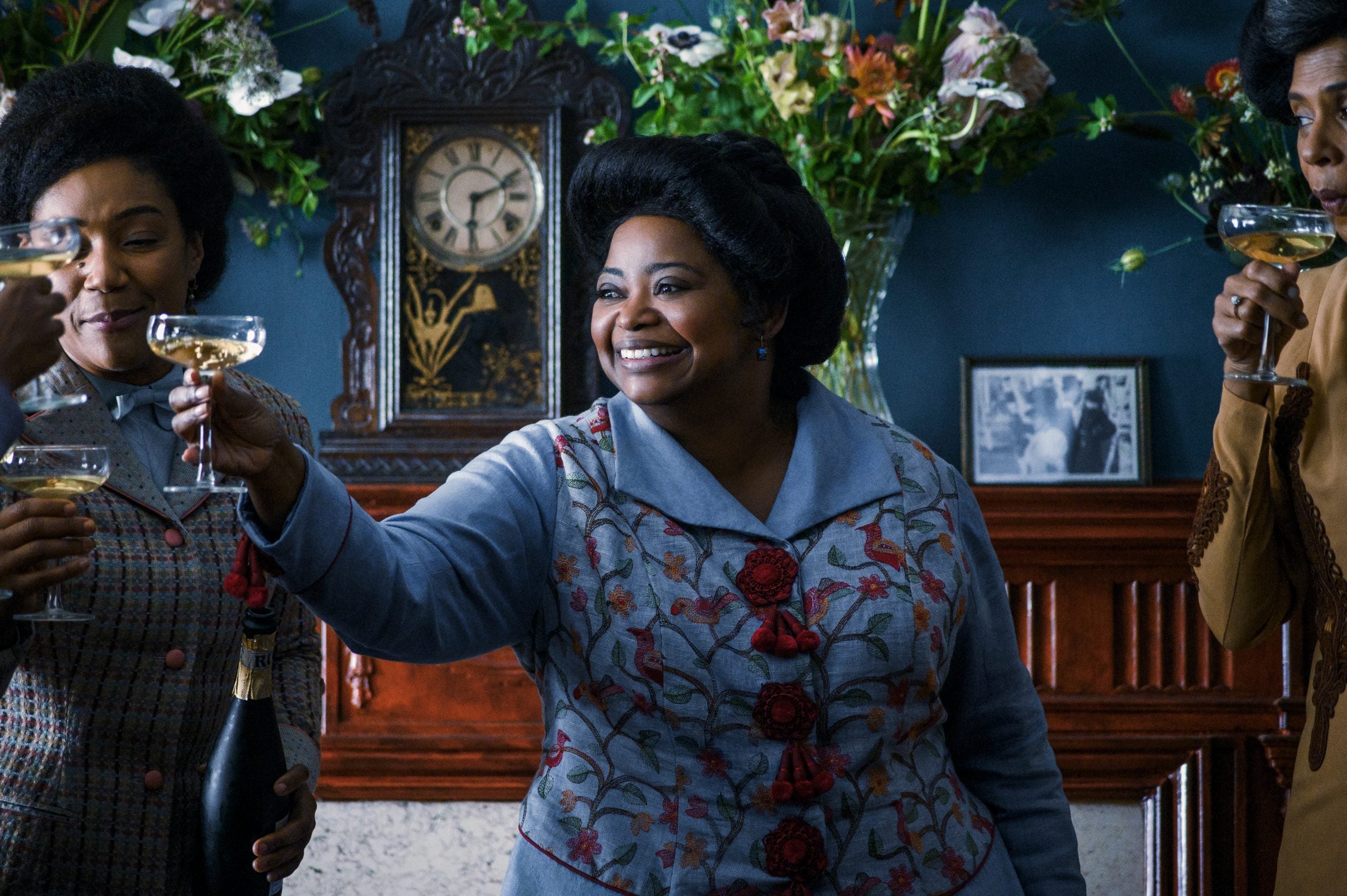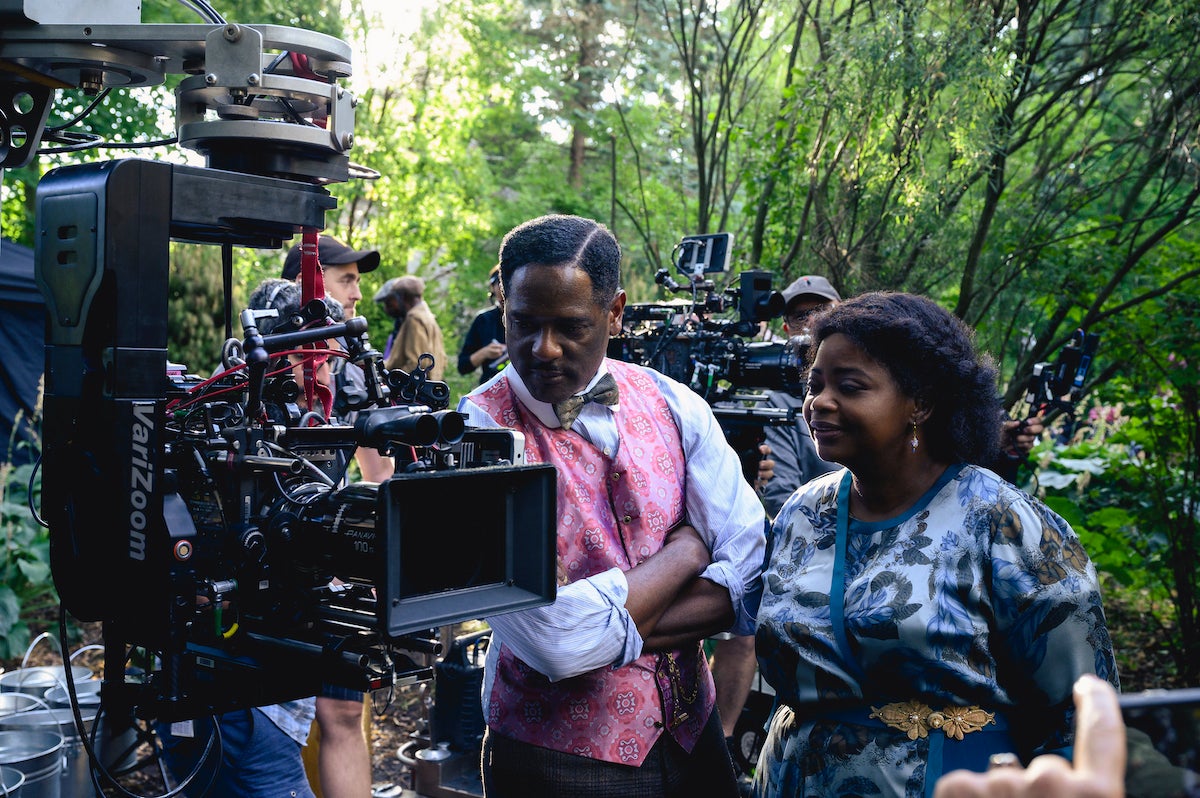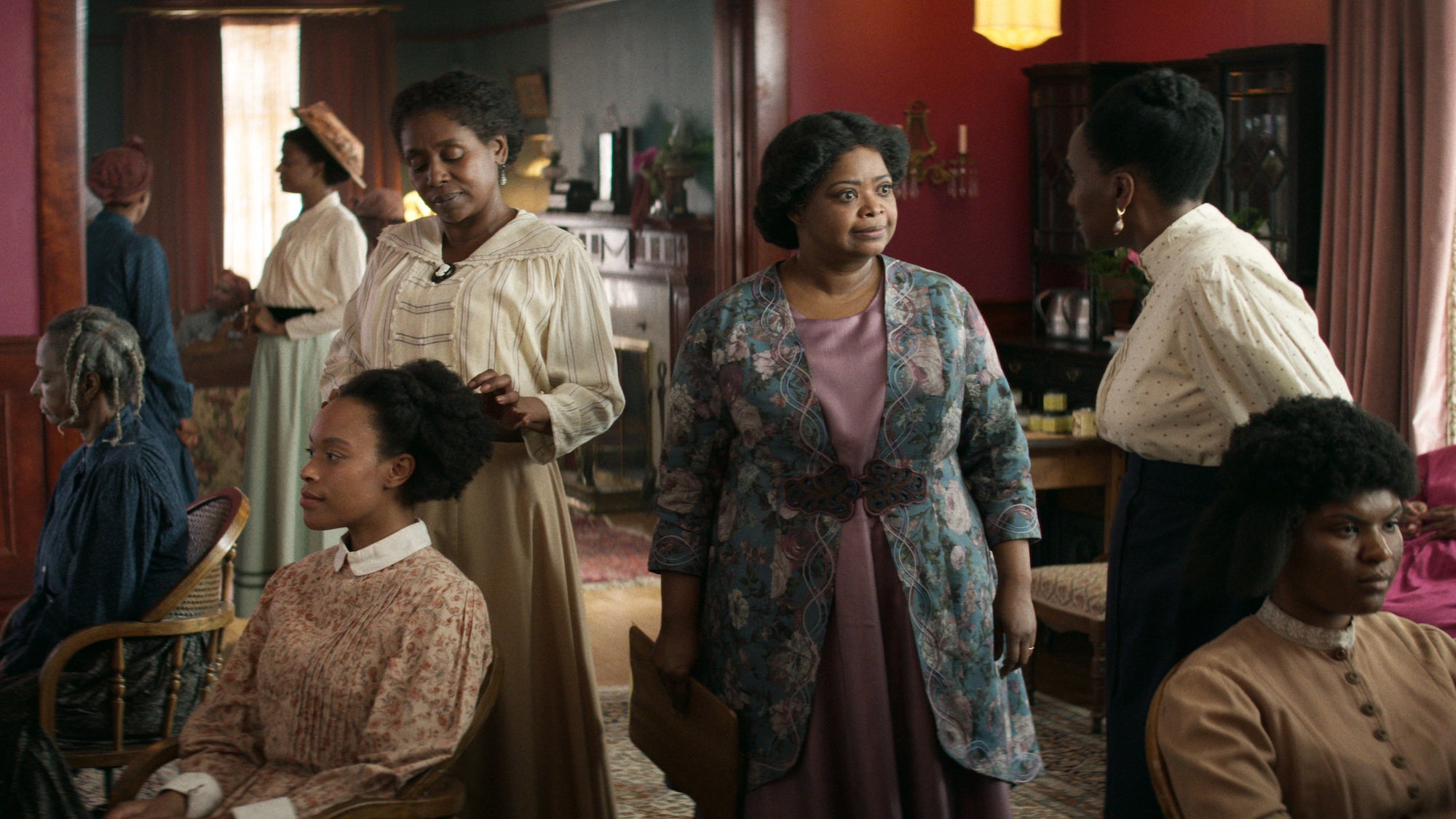
A’lelia Bundles has denounced Self Made, the Netflix series inspired by her great-grandmother Madam C.J. Walker.
The former ABC News deputy bureau chief wrote On Her Own Ground: The Life and Times of Madam C. J. Walker on which the hit miniseries is loosely based. But in a scathing essay for The Undefeated, Bundles revealed that she didn’t have as much input on the series’ development as she would have preferred to properly introduce her great-grandmother and her legacy to viewers.
“When I finally received the script for episode one in the spring of 2019, I was beyond shocked. What I hoped would impress me instead made me cringe. It also broke my heart. I had been anticipating Hidden Figures. Instead The Real Housewives of Atlanta was staring back at me from the page,” wrote Bundles.

“For more than three years, I’d been part of a complex and frustrating dance as my nonfiction, fact-based material was translated from book to movie by scriptwriters whose visions, goals and sensibilities often were quite different from mine,” she continued.
In her lengthy critique of the series, which trended upon its release, Bundles revealed she was “shut out of story development conversations and critical pitch meetings with Warner Bros. and Netflix. The issues that bothered many critics also had bothered me. But because my contract with Warner Bros. granted me ‘script review,’ rather than script approval, there was no obligation for the production team to incorporate my suggestions.”
Outrage poured into comment sections across the internet and across Black Twitter when the show premiered. A manufactured storyline about colorism, inspired by Annie Turnbo Malone, drew intense backlash from viewers, critics and Bundles herself. Bundles added that Self Made heavily relied on “concocted colorism and [saw] relatively little about Walker’s philanthropy and political activism.”
Bundles found the script unrealistic for the time period and said that she communicated that in notes submitted to production.

“I certainly didn’t expect the conflict to devolve into a reality television fight with the kind of profanity that I just don’t believe was the norm for women like Madam Walker [Octavia Spencer] and Annie Malone [Carmen Ejogo] during the early 1900s. Both women were leading other Black women with a kind of respectability politics that would have made screaming ‘bitches and n—as’ quite unlikely.”
Bundles said she was not surprised when there were questions about her judgement. “The internet shade was serious and some of it targeted me. Why, someone asked in a YouTube comment thread, had ‘the great-great-granddaughter allowed this?’ All I could think was: If this person only knew how hard I’d argued against that story line,” she wrote.

“I also knew that the Hollywood production process often relegated authors to the sideline, and disregarded families and facts in favor of drama and manufactured conflict. I’d seen how Green Book had been a box-office hit, but left pianist Don Shirley’s family feeling betrayed because his life and relationships had been distorted,” she wrote.
“I was not surprised when one movie reviewer sent me a private Twitter message saying that ‘Madam Walker deserved better.’ It doesn’t make me happy to say that I’d seen that coming.”
ESSENCE reached out to a rep for Netflix, but we haven’t heard back.







Bundles ended her op-ed by saying that’s nearly finished completing a biography about Madam Walker’s daughter, A’Lelia Walker, called The Joy Goddess of Harlem, out next year, which she hopes can be adapted to the screen as well—but with care.








